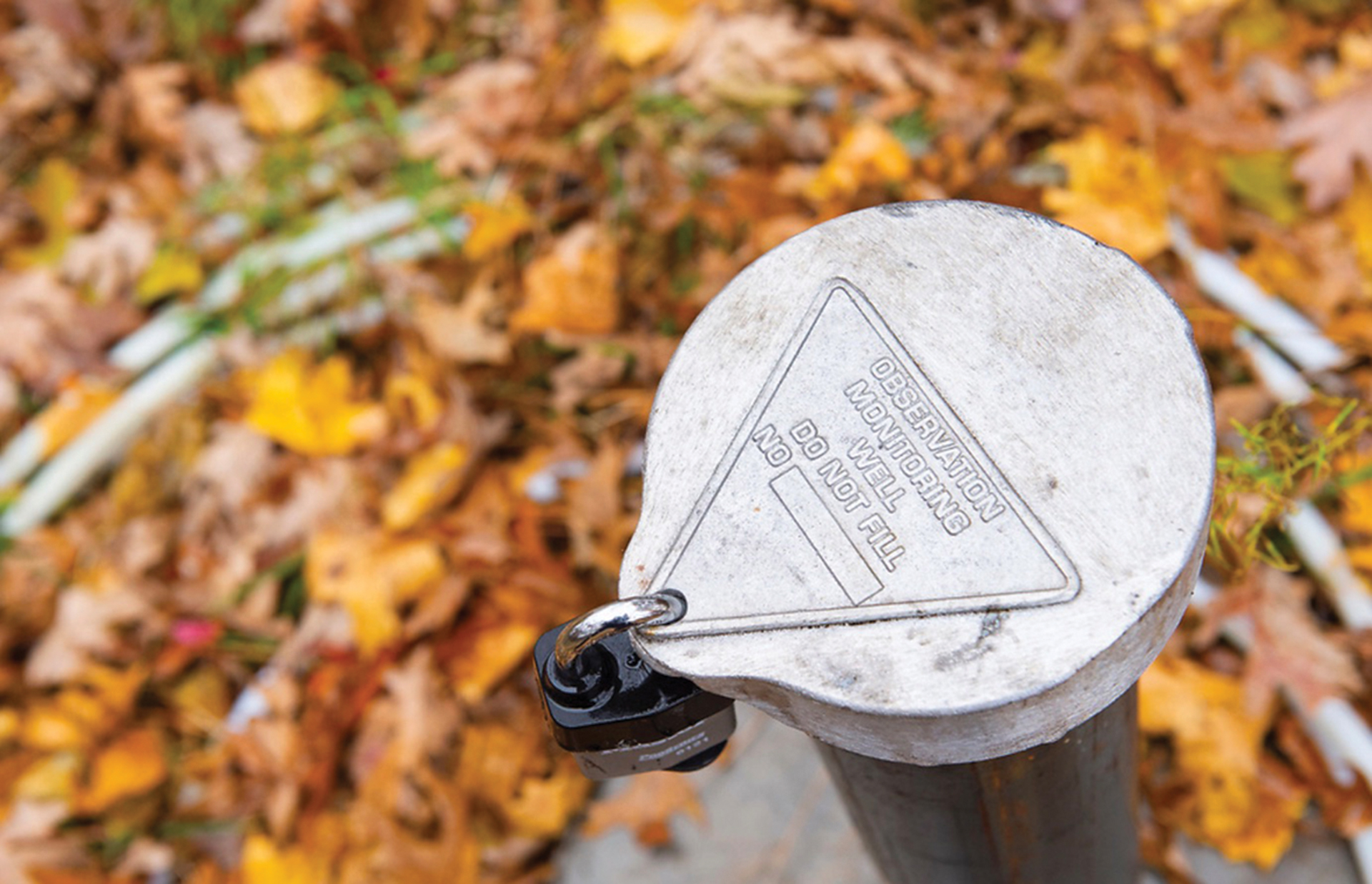Town Amends Code Affecting East Quogue Water Quality

The Town of Southampton amended its town code on the East Quogue Public Drinking Water Infrastructure Improvement Program to extend eligibility to more homeowners affected by water contamination around the hamlet of East Quogue.
“Nobody should be drinking contaminated water. No one,” Supervisor Jay Schneiderman said. “And particularly if they can’t afford to hook up to public water, which is very expensive, this gives them the ability to do that.”
The purpose of the program established in July 2019 was, and remains, to allow affected properties to have the cost of their hook-up and connection to public water through new water mains provided by the Suffolk County Water Authority paid for by the town’s Community Preservation Fund program. The money was able to be allocated to the water quality improvement project pursuant to a bill sponsored by Assemblyman Fred Thiele.
East Quogue Citizens Advisory Committee Chair Cyndi McNamara pushed for the extension, and said she’s “happy the town did the right thing and expanded the program north of Damascus Road.”
“The CAC had advocated for this from the start,” McNamara said. “We thought that both areas of concern that the Board of Health had tested were included in the initial resolution. When the main went in and stopped at Damascus, we went back to the town to request that it be expanded. The town then agreed to install the main north of Damascus, but they weren’t going to reimburse homeowners for connections as they had to the south.”
In December 2019, the town board amended the chapter to clarify which parcels were eligible for rebates. Originally, the program just covered properties identified on the Suffolk County Department of Health map entitled “East Quogue/Damascus,” where emerging contaminants — perfluorooctanesulfonic acid, known as PFOS, and perfluorooctanoic acid, or PFOA — had already been detected. This was modified to include the entire hamlet of East Quogue and Village of Quogue, where evidence of contamination has to be provided.
Since that time, the health department has shared two additional maps identifying evidence of PFOS or PFOA in well survey areas in the vicinity of Quogue and East Quogue, which, with the town board’s unanimous approval May 26, will now also be covered under the program.
McNamara said she attended a work session and requested the town “do the right thing and pay for those connections.”
“Homeowners in the affected area wrote letters and made phone calls as well. That work resulted in the new resolution that just passed,” she said. “This whole situation really showed me how important it is that communities have strong advocates that reside in their community. It took a lot of time, effort, and three separate resolutions, but we finally attained the outcome our residents hoped for from the start.”
The reimbursement period for parcels located within these maps shall be retroactive to April 1, 2018, consistent with the reimbursement period for the East Quogue/Damascus maps.
Finally, the local law will limit, or cap, any rebate issued to an eligible parcel, based upon the satisfaction of the rebate criteria, to a maximum of $10,000. Importantly, this program remains subject to the availability of funding, which may be up to 20 percent of the CPF’s annual revenues based upon the prior calendar year, subject to appropriation by the town board.
Schneiderman acknowledged Councilwoman Julie Lofstad, who spearheaded the amendments, adding, “It’s a good thing that we’re doing.”
Lofstad immediately thanked McNamara, who continuously pushed for amendments when contaminants were detected in and around her hamlet.
“I think she did a great job advocating for her community,” Lofstad said.
desiree@indyeastend.com



